
Polarized Training Pathway
In collaboration with Dr. Stephen Seiler, the “father of polarized training,” we have curated everything you need to know about the 80/20 training method.
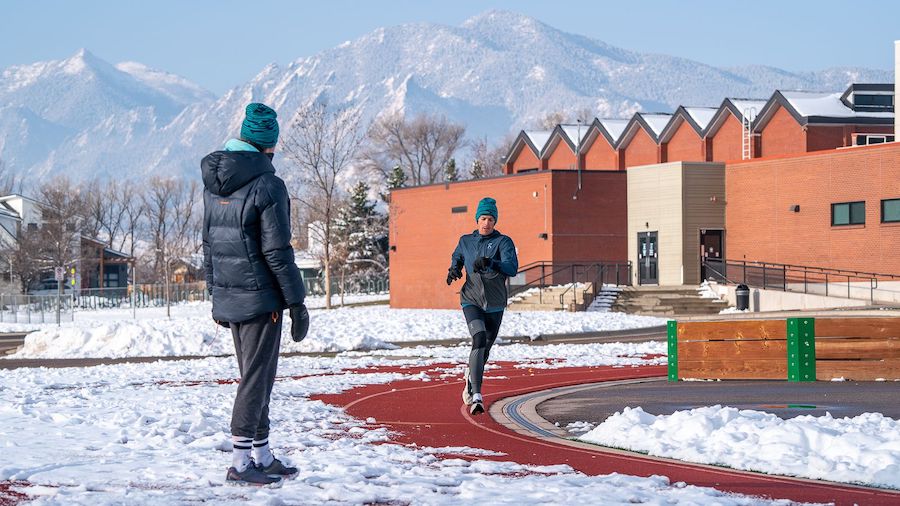
Coaching endurance athletes is an art, a science, and a craft.
We offer this selection of coaching-related articles, videos, workshops, and guides to help coaches begin to explore the support available for coaches through Fast Talk Labs.
Contact us with your questions, clarifications, or requests at coaches@fasttalklabs.com.

In collaboration with Dr. Stephen Seiler, the “father of polarized training,” we have curated everything you need to know about the 80/20 training method.
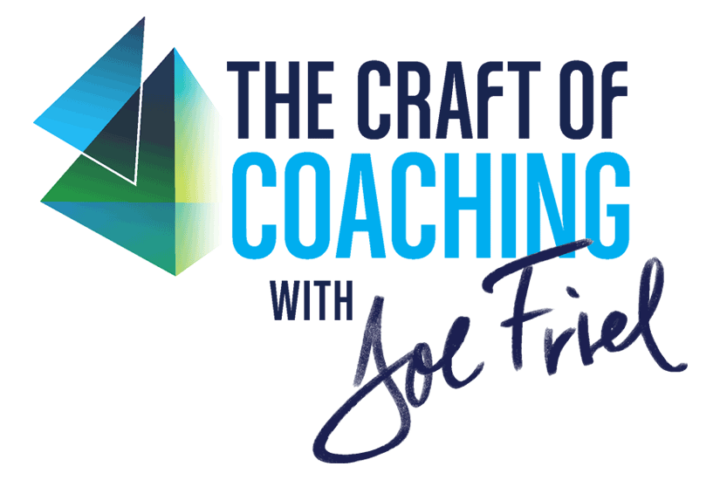
The Craft of Coaching is Joe Friel’s ultimate guide to becoming a better, more successful, and happier coach.
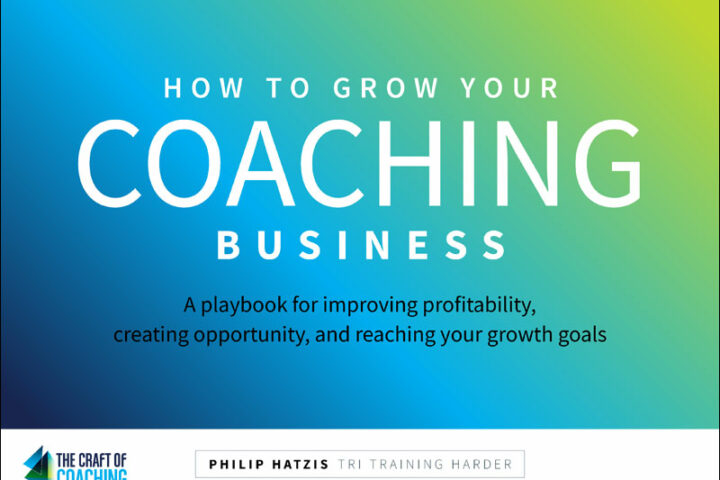
These Playbooks are free downloads that augment the useful content in The Craft of Coaching with Joe Friel through deeper dives into specific aspects of coaching.

Learn advanced data analysis for cycling, triathlon, and running workouts and races. With new data analysis tools, you can make better decisions about your training.

We explore what it takes to develop from a recreational triathlete into an IRONMAN World Championship qualifier.
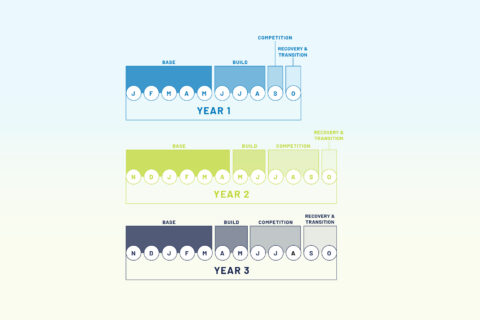
If you’re looking to tackle some ultra-endurance events it’s important to take a longer-term approach to your training that extends beyond a single season. We explain how and why.

The goal belongs to the athlete—not the coach. It’s the coach’s job to help the athlete give shape to the final product.
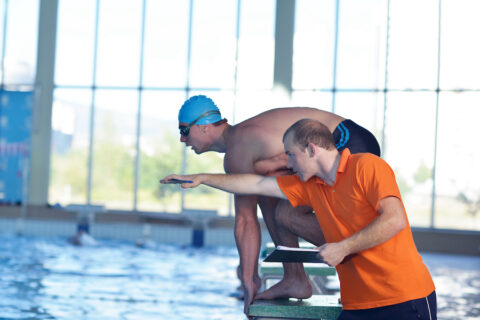
Goals are best evaluated in the rearview mirror. Joe Friel reflects on the goals of three endurance athletes, highlighting lessons learned.
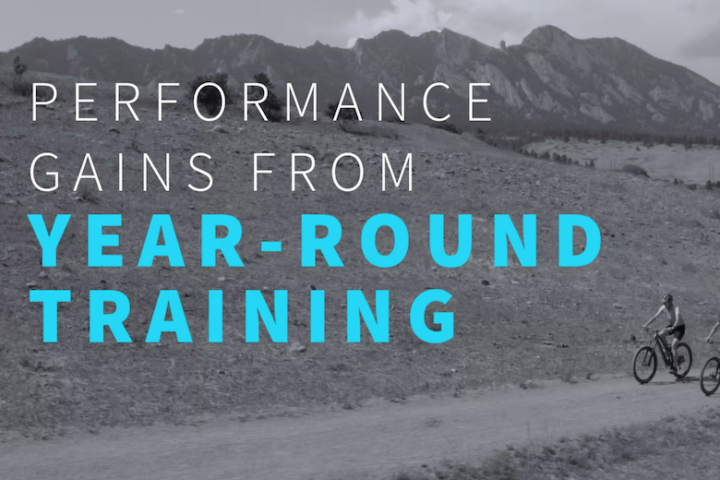
Coach Julie Young describes the performance improvements made when one of her athletes switched to a year-round training program.
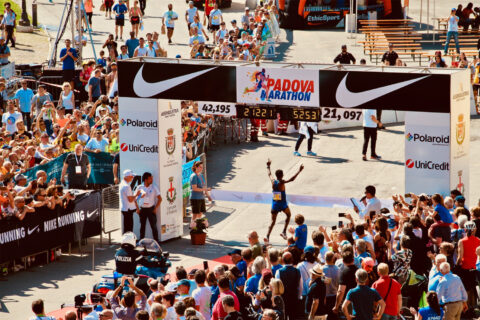
Anyone can make a training plan. But a good coach knows how to plan a season that unlocks an athlete’s true potential. Joe Friel is joined by a full line-up of master coaches in this module that will expand your thinking.
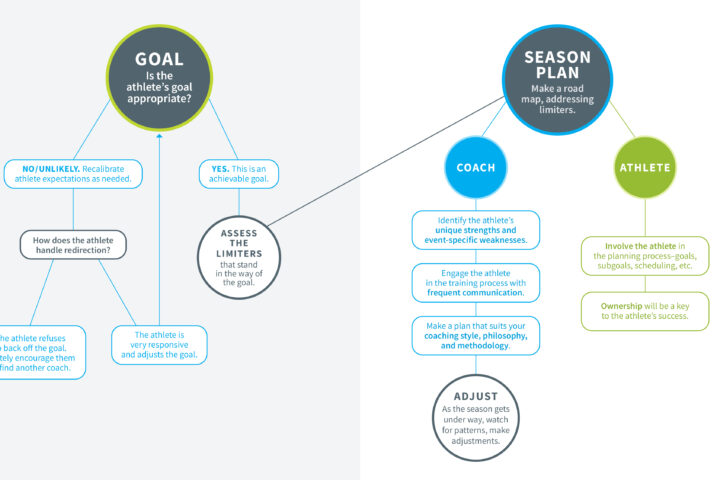
Goal assessment and season planning are two details you must attend to in taking on a new athlete.
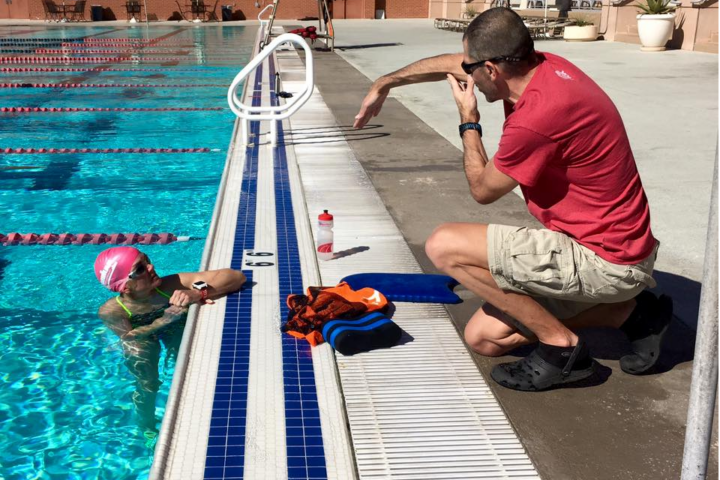
Athletes often underestimate the amount of fitness that they lose in tapering for, and recovery from, excessively frequent racing. This is especially true in Mary’s case where she is looking to make a significant jump in training load in order to properly prepare for the Ironman distance.
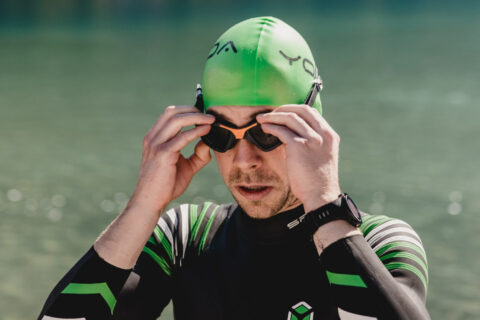
A young, ambitious triathlete with limited race experience reaches out to Coach Andy Kirkland for help in making it to the Olympic Games in 2024.
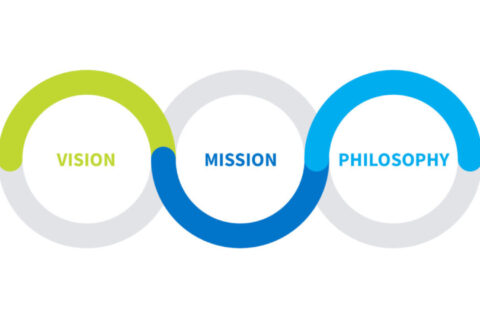
Dr. Andy Kirkland outlines what it will take for an aspiring young triathlete to go pro, illuminating a biopsychosocial approach to season planning.
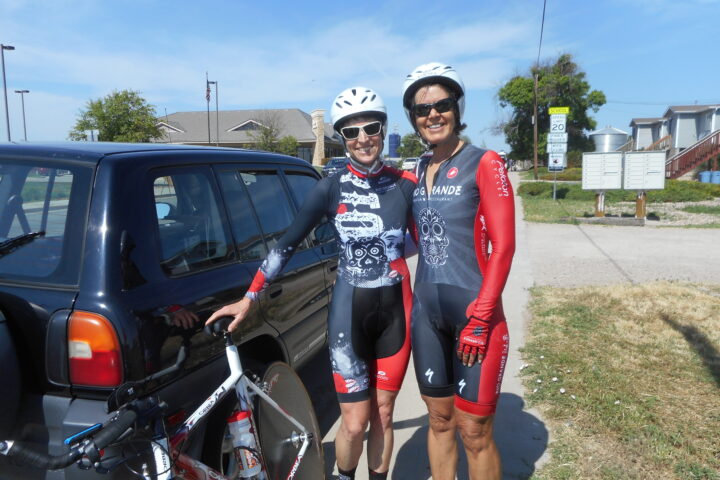
Coach Trevor Connor reflects on his work with a masters cyclist with big hopes for Nationals. Find out more about her athletic history and lifestyle in the lead-up to the racing season.
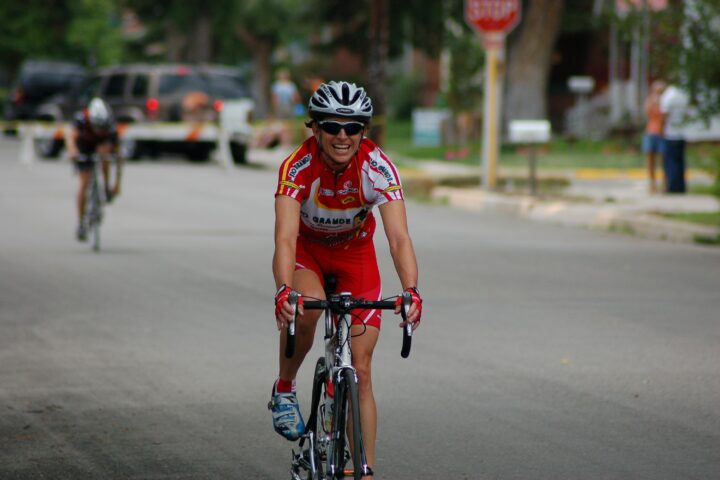
Coach Trevor Connor presents the season plan he created for Cynthia, a female masters athlete based in Colorado. Connor’s plan includes the training detail for the final weeks leading up to Nationals.
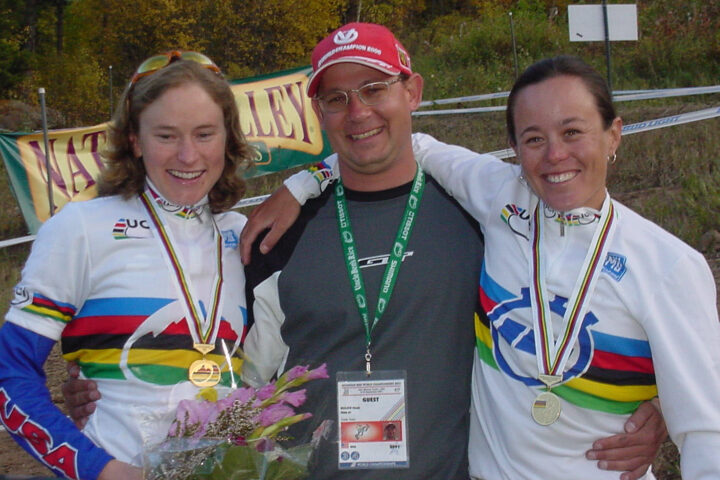
The principles of block training can be applied across endurance sports, whether the athlete is elite or amateur. The biggest difference is that elite or pro athletes have more time to train.
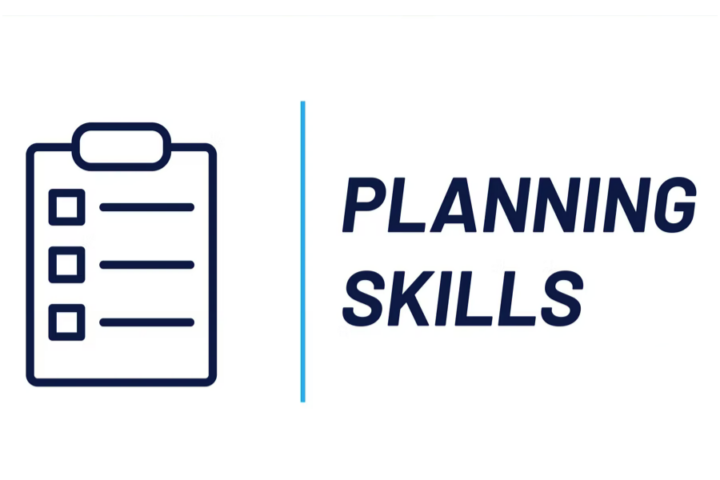
Joe Friel explores the development of annual training plans, short-term plans, and matters beyond sport-specific workouts.
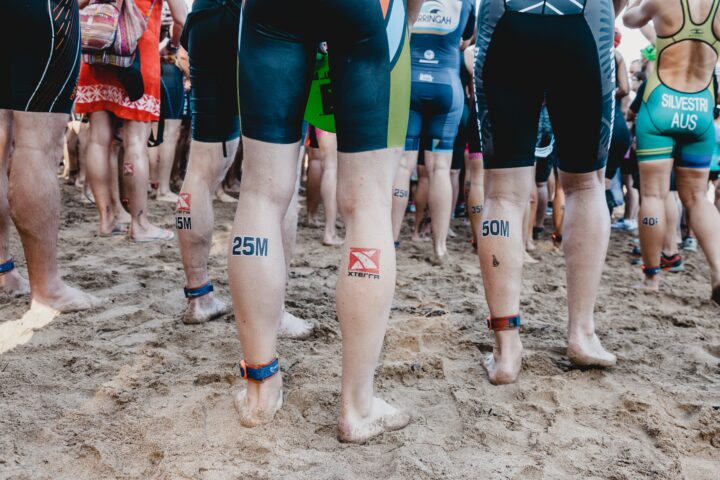
If you’re new to triathlon, equal training among the three sports may be all you need. But for advanced athletes, a more sophisticated approach involves unequal distribution between the disciplines.
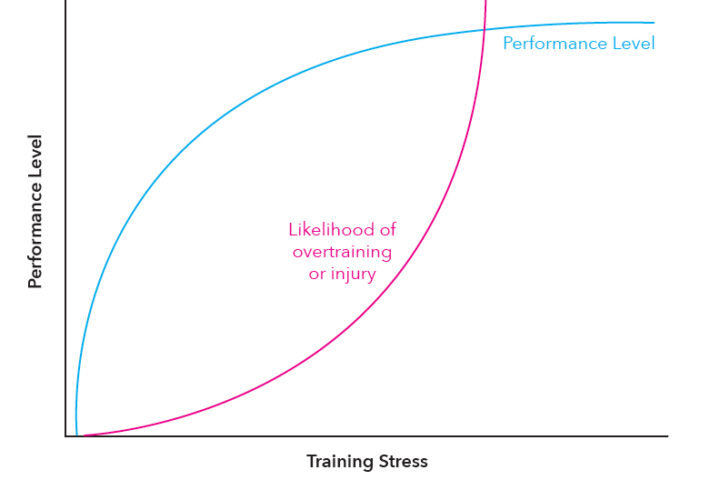
Eighty percent of what you need to know about endurance training can be illustrated by a simple graph. Coach Connor and his mentor Glenn Swan explore this simple concept.
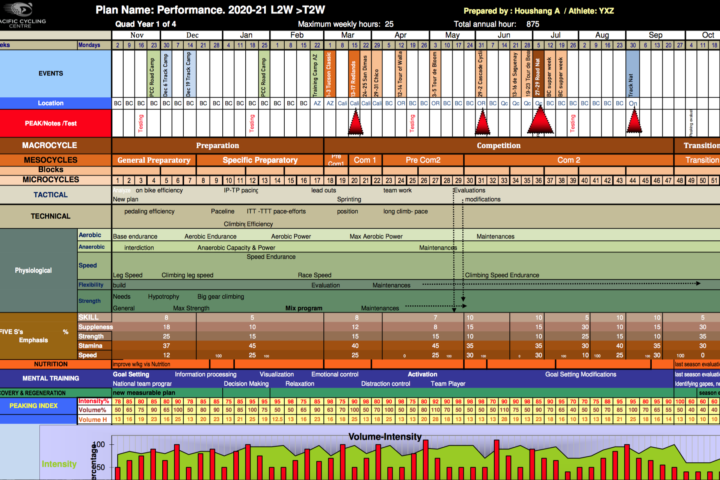
We review the art and science of developing and maintaining an annual training plan, which helps athletes progress and perform at their best.
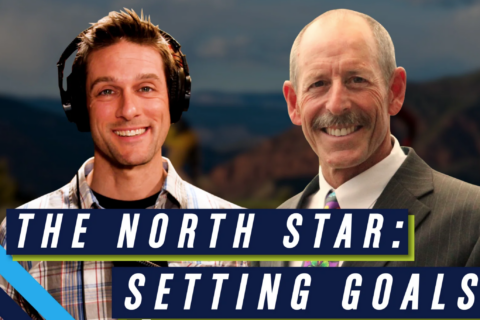
Coach and author Will Murray joins Coach Ryan Kohler for a discussion of what makes a useful set of goals, how to develop them, the psychology of goals, and much more.